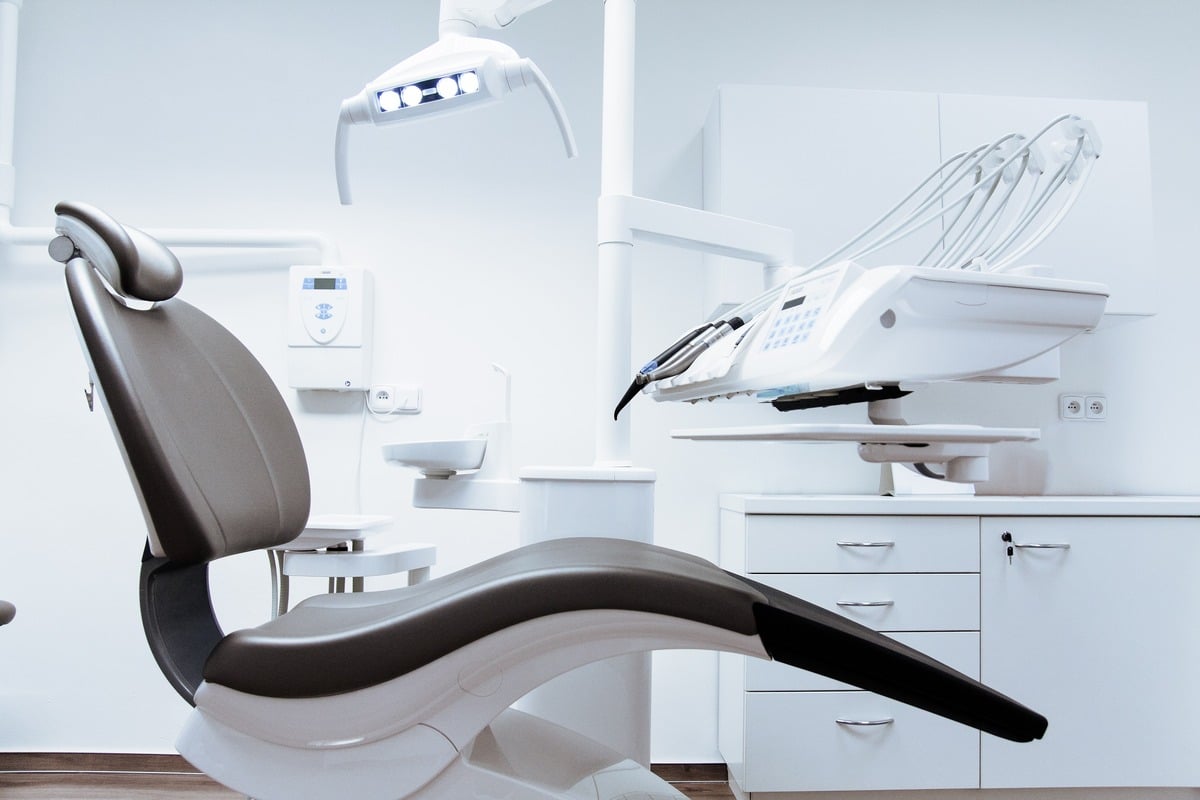What Should I Expect from Dental Implant Surgery?
Dental Implant Surgery is one of the most popular options available for people getting missing teeth fixed. Dental implants are artificial teeth with titanium screw-like roots that are surgically inserted into the jaw. Our dentists are always glad to walk you through what to expect from the specific treatment you need, and it often eliminates a lot of fear surrounding dental implant surgery.
The Process – How It Works
There will be a preliminary phase of treatment– before the surgery, you’ll be prescribed an antibacterial mouthwash and antibiotics to prevent any infection. If your dentist has decided to use local anesthesia, have a healthy meal in the morning before the surgery. In the case of IV sedation, you’ll be required to observe fasting after midnight before the surgery.
The dental implant surgery is a multi-step process. The oral surgeon will numb the mouth completely before making an incision into your gum. The exposed jaw bone will then be drilled and the implant will be screwed in. The gums will be closed over with stitches. The implant will get perfectly attached to the bone and the gum will heal in a few months.
Next, an impression will be taken for the mold. They’ll use this mold in a lab to prepare the crown of the tooth. Once the dentist is completely satisfied with the precision, alignment, and appearance of the crown, they will place the crown, and that’s it!
Duration of the Treatment
One common question is: how long will the surgery take? The duration of the treatment depends on multiple factors. If you have maintained your oral health, it might take less time than someone with dental health issues. It also depends on how extensive the procedure is, and whether you are getting one or two implants or getting several teeth replaced. Moreover, some teeth are more difficult to replace and might take longer. The procedure is bound to take longer if you need to get the teeth extracted before inserting the implants. In general, getting an implant done for a single tooth would take 2 hours at most.
Will It Hurt?
No, dental implant surgery is completely painless; however, it might cause slight discomfort. You can expect the dentist to numb the insides of your mouth using local anesthesia and/or IV. This makes the entire procedure comfortable and painless.
Post Surgery Care and Problems
After the surgery, you may experience swollen gums, bruises, or discomfort which can be treated with everyday painkillers. However, follow-up visits to the dentist and proper dental care are necessary to avoid any infections. Follow your usual oral hygiene routine, including brushing and flossing, for the implant tooth as well.
If you’re interested in learning more about what to expect with dental implant surgery, contact your local Leawood dentist and set up a time to get a consultation.
Request an appointment here: or call Asha Dental at <ahref=”tel:{{maincalltrackingnumber}}”>(913) 440-4199 for an appointment in our Leawood office.</ahref=”tel:{{maincalltrackingnumber}}”>
Check out what others are saying about our services on Yelp: Read our Yelp reviews.

